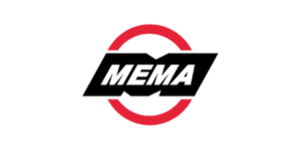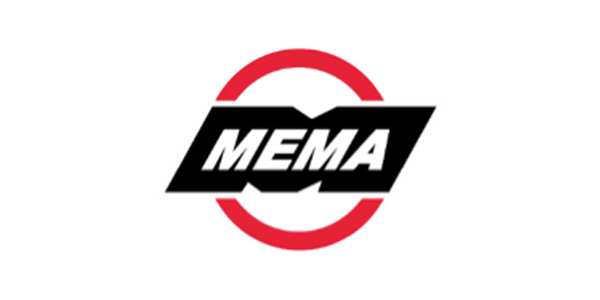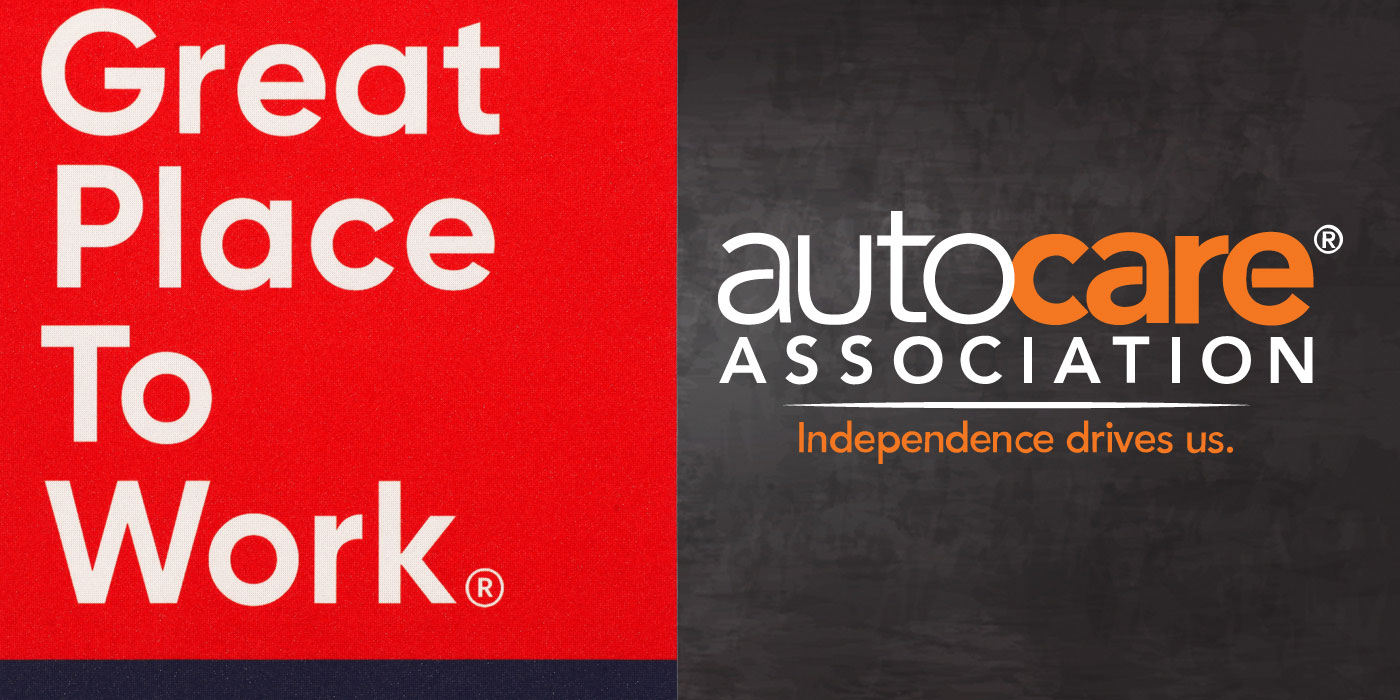 The Motor and Equipment Manufacturers Association (MEMA) applauds a letter signed by 39 members of Congress addressed to Commerce Secretary Wilbur Ross raising concerns that the product exclusion process for the Section 232 aluminum and steel tariffs is moving too slowly, creating a backlog of requests that places an undue burden on manufacturers. The letter urges the secretary to make changes that would allow the process to move more quickly.
The Motor and Equipment Manufacturers Association (MEMA) applauds a letter signed by 39 members of Congress addressed to Commerce Secretary Wilbur Ross raising concerns that the product exclusion process for the Section 232 aluminum and steel tariffs is moving too slowly, creating a backlog of requests that places an undue burden on manufacturers. The letter urges the secretary to make changes that would allow the process to move more quickly.
More than 7,700 comments and submissions for product exclusions have been filed with the Department of Commerce on the issue. Less than a third have been processed and posted on the docket.
“That is far too slow of a pace given the volume and the fact that this process is over a month and a half old,” the letter said. The letter goes on to detail 10 steps they urge the Department of Commerce to take to fix the problem.
The letter from the representatives, which was led by Reps. Jackie Walorski (R-Ind.) and Ron Kind (D-Wis.), is bipartisan and agrees with several public statements MEMA has made raising concerns over the 232 steel and aluminum tariffs.
“The sheer volume of submissions requesting product exclusions gives us reason for concern,” said MEMA Executive Vice President of Government Affairs Bill Long. “This apparent backlog creates uncertainty for our members, which puts businesses — and jobs — at risk. If you are importing steel from any country that is not exempted, you are paying a tariff now, even if you have filed for an exclusion. That could mean tying up millions of dollars that a business would rather invest in facilities and people. MEMA has said all along that tariffs would put jobs at risk, and this process seems to be proving us right. American businesses need a clear and predictable business environment to thrive in a global marketplace.”
MEMA was pleased that the Trump administration extended the exemption from steel and aluminum tariffs on the European Union, Canada, and Mexico until June 1. Further, the indication that agreements in principle have been reached with Australia, Argentina and Brazil is welcome news to the industry. As the specifics of these agreements are finalized, we urge the administration to consider the challenge and uncertainty that placing quotas on steel and aluminum from these countries could cause. We sincerely hope that these latest announcements signal a willingness to consider the implications of broadly applied Sec. 232 steel and aluminum tariffs triggered by the administration in March.
Earlier this year, MEMA’s letter to President Donald J. Trump reiterated its support for the administration’s agenda to assure free, fair, and reciprocal trade and a level playing field for all Americans. Moreover, MEMA supports the administration’s efforts to strengthen our nation’s economy. Vis-à-vis the Section 232 decisions on steel and aluminum, national security also depends on the economic security of the country. However, in a global business environment, motor vehicle component manufacturers, which directly employ more than 871,000 Americans, require that these tariffs not be imposed in order to ensure economic certainty. In addition, we are concerned about other countries, such as Japan and Switzerland, that are not included in these exemptions.
Many specialty steel and aluminum materials imported by motor vehicle suppliers are used by hundreds of vehicle parts manufacturers operating in an integrated, complex global supply chain. Suppliers’ access to these specialized products — which are often only available by one or two sources in the world — is critical to the industry and our national economy.
MEMA urges the administration to take a variety of actions to alleviate the burden placed on manufacturers by these tariffs and the related exclusions process. Examples of steps to take include:
- Providing relief to applicants who experience undue delays in the Department of Commerce review period retroactive to date of application submission (or when deemed complete);
- Simplifying and streamlining the application process and reducing confusion by allowing exclusions covering ranges of certain dimensions with the same Harmonized Tariff Schedule code to be on the same application form;
- Allowing trade associations to apply for exclusions on behalf of an industry; and,
- Reviewing, on a regular basis, the impact of tariffs on the economy and downstream users and implementing a plan to sunset the tariffs if they prove to have a significant negative impact.
For more information on the Section 232 tariffs, please visit MEMA’s Trade Resources Page.








